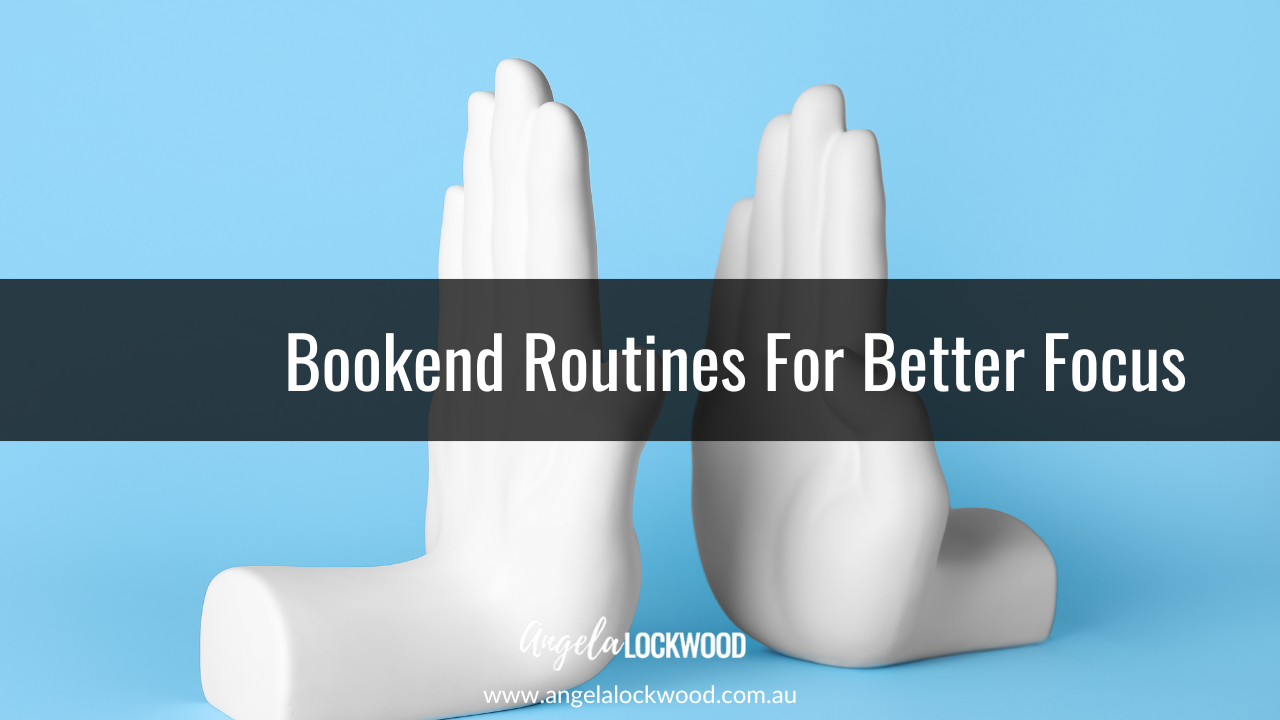The Art of Wandering
Aug 13, 2024
There are moments in life when we feel lost. I know I have been there many times. The feeling of not having direction or being on a path and questioning whether the path is the right one or the best one for you. It is during these times that frustration, self-doubt, and even apathy can creep in. Being lost can feel scary and lonely, especially for those who like to know where they are heading. Being lost is a space people do not like to stay in.
Lost’s partner, wandering, is a little more acceptable. When we wander, it feels like a choice rather than a state. However, in our fast-paced world, the idea of wandering often gets a bad rap. We're taught to set goals, chase them relentlessly, and measure our success by how many we achieve. This is a societal measure of success and often a personal measure of success. If we achieve what we set out to, then we must be successful. And most of the time, achieving a goal is a mark of success in that pursuit. But what if there’s more to life than ticking off boxes on a to-do list? Even writing this question feels like I am self-coaching, as I love writing lists and ticking them off as I complete them. However, in the pursuit of growth, what if the moments where we do not tick off the to-do list and the times where we feel lost could actually lead us to something profoundly meaningful or even closer to our version of success?
In a recent episode of my podcast, "Distracted," I had the pleasure of chatting with Dr. Tim Sharp, also known as Dr. Happy. Tim is the founder and chief happiness officer at the Happiness Institute, Australia's first and largest organization dedicated to enhancing happiness. His latest book, "Lost and Found," explores the beauty of wandering and how it can lead to a more fulfilling life.
The title itself is a beautiful reminder that being lost leads us to find what is important to us. He had me hooked.
Finding Joy in the Journey
Dr. Sharp’s book is a refreshing reminder that it’s okay to be lost sometimes. In fact, he writes that it’s during these moments of wandering that we often find the most clarity. Interestingly, the original title of his book was "Get Dirty," focusing on the benefits of nature therapy and the importance of spending time outdoors. However, the book shares more than going for walks in nature. Although the title changed, the essence remains – it’s about embracing the messiness of life and finding beauty in it.
One of the most striking points Tim made was about the permission to be lost. We live in a culture that glorifies constant striving and achievement, making it easy to forget that it’s perfectly normal to not have all the answers. "Lost and Found" encourages us to embrace our imperfections and the uncertainties of life. It feels impossible, and you may even resist the notion; I know I did. It’s a call to recognize that feeling lost is not only okay but can be a powerful catalyst for growth and self-discovery.
The Value of Making Mistakes
Tim’s book delves into the concept of learning from our mistakes. There have been many moments in my life where, at the time, I felt like I was making the best decision with the information I had, and it wasn’t until the gift of hindsight that I realized making that decision, although difficult at the time, led me to where I needed to be or offered a lesson I needed to learn. You may have many of these yourself.
Embracing failure is another key theme in "Lost and Found." Tim talks about how making mistakes and experiencing discomfort are essential parts of the human experience. Deliberately failing is not what we are seeking. It is understanding that things will not always go the way we intended and that these moments are not just inevitable; they are necessary for growth. By accepting and even seeking out these experiences, we open ourselves up to learning and personal development.
Wandering with Purpose
I loved in our discussion the concept of wandering. It is not about aimlessness. It’s about exploring, trying new things, and allowing ourselves the space to grow and adapt. Tim’s idea of wandering includes making conscious choices to step out of our comfort zones and embrace the unknown. This doesn’t mean we need to take extreme risks; even small steps, like trying a new hobby or learning a new skill, can be powerful. Take a moment to think, when was the last time you tried something new? How did it go? Did you learn from it, or did it lead you to something you never thought would be a part of your life?
Dr. Sharp also highlights the importance of mental health and how wandering can play a role in it. Allowing ourselves to wander can help us manage stress, improve our mental well-being, and boost our creativity. It’s about finding balance and recognizing that life’s journey is not a straight line but an adventure. When we are open to it and seek it out, we are shown paths and opportunities that we never thought possible.
In our conversation, Dr. Sharp shared personal stories and practical advice that resonated deeply with me. His insights remind us that it’s okay to feel lost and that wandering can lead us to profound discoveries about ourselves and the world around us. As a person who likes to have direction and a plan to get there, wandering is a new paradigm for me. It sounds like flow, like expanding my horizon and showing me new adventures I never even thought of. This to me sounds exciting.
"Lost and Found" is more than just a book; it’s an invitation to embrace life’s uncertainties and find joy in the journey. As Dr. Sharp says, it’s about accepting that we may never be completely found, and that’s perfectly okay.
I highly recommend "Lost and Found" to anyone feeling overwhelmed by the pressures of constant achievement. It’s a comforting and insightful read that will inspire you to look at your own life with a new perspective.
You can learn more about Dr Tim. Sharp and purchase your own copy of “Lost and Found” here at www.drhappy.com.au.
To the art of wandering,
![]()






